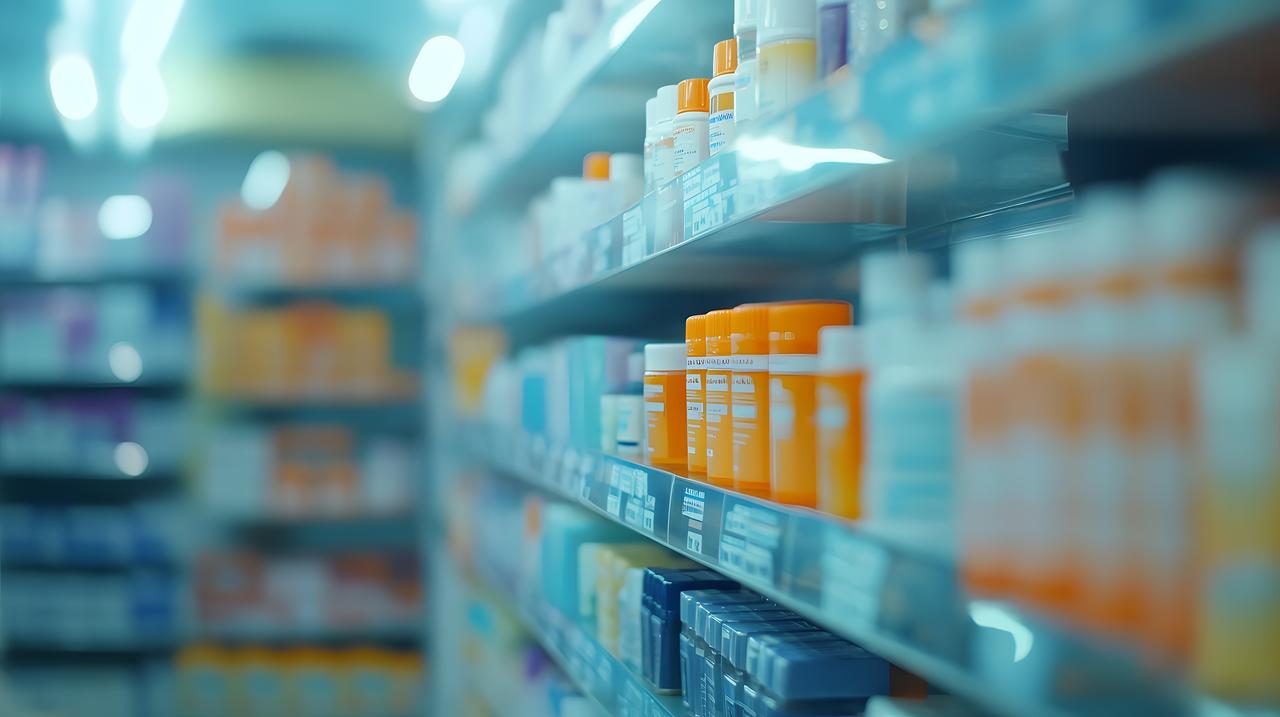
Fake drugs continue to pose a serious public health threat in Türkiye, with the crime rate for counterfeit pharmaceuticals rising by 38%, according to Arman Uney, president of the Turkish Pharmacists' Association (TEB).
According to Turkish media, Uney highlighted the alarming situation during his speech on March 14, Scientific Pharmacy Day.
The increasing availability of counterfeit medicines, especially through online platforms and social media channels, is a growing concern. Uney noted that 683 internet links associated with fake drug sales were documented in a 344-page report submitted to the Ministry of Health.
“Due to advancing technology and easy access, people can quickly reach almost any product. However, the safety of these products is rarely questioned. The lack of proper regulation on social media and e-commerce platforms has led to a rapid increase in the availability of counterfeit and uncontrolled products,” Uney stated.
He emphasized that the problem extends beyond Türkiye, with a 38% rise in fake drug-related crimes globally, according to international organizations.
Uney further warned of the health risks posed by fake vitamin, mineral, and herbal products sold online and in chain stores, often promoted by social media influencers. Scientific studies have shown that many of these products do not contain the ingredients listed on their labels, with some even containing harmful and banned substances.
“Natural or herbal products, if not used under scientific supervision, can lead to serious side effects, especially for pregnant women, children, the elderly, and individuals with chronic conditions. High doses of vitamins or unregulated herbal supplements may have severe consequences,” he cautioned.
Uney also highlighted the impact of global geopolitical tensions, particularly the U.S.-China rivalry, on the pharmaceutical sector. He pointed out that the increasing centralization of global supply chains has created vulnerabilities, leading to rising costs and potential supply disruptions.
“The trade wars we witness today will likely lead to higher pharmaceutical costs and disruptions in supply chains. It is crucial for Türkiye to reduce its dependency on foreign sources and strengthen its domestic pharmaceutical production capacity,” Uney concluded.